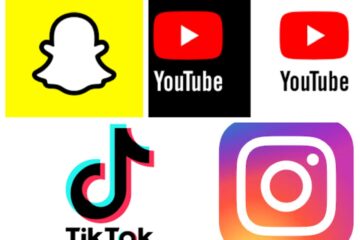Why I hate the term “Tweens”
I recently referred to teens and tweens in a Twitter post, and promised a forthcoming blog post on why I hate the term “Tweens.” Here it is. If you are easily offended, you might want to stop reading now. If you think it is cute to pose your pre-teens as little adults, but do little to actually equip them for adulthood, you probably won’t appreciate this post but would do well to read it and take it to heart.
The term “tween” was once a clever Tolkien linguistic creation that refered to the adolescent period from ages 20 – 32 in the life span of a hobbit. It has taken on a much more popular usage in recent years, being applied to the period of “pre-adolescence” or pre-teen years from about 9 or 10 to 12.
Keep in mind that adolescence is a cultural construct, and not a biological or emotional dictate. In other words, puberty is an inevitable part of normal human development, typically happening somewhere between the ages of 9 and 14. But “adolescence” encompasses far more than that, and has grown in definition and cultural practice from its initial span of two or three years (ages 14-16 ish) to well over a decade (ages 12-25+).
And since you value my two cents enough to read my blog post today, I will tell you how I see this emerging cultural construct of “tweens.” It seems to be a way to make it culturally acceptable, even cute, to market goods and services to children and to dress them up and put them in adult situations and pressures for which we have only barely equipped them, if at all.
For example, while I am glad to see this particular fashion trend seems to have waned, it didn’t strike me as the least bit cute to print big, bold words across the backside of short shorts and then market them to pre-teen girls. How do you prepare your little girl for the fact that guys of all ages will now be looking at her rear because of the slogan stamped across it, whether out of innocent curiousity or marketing-induced sexual interest?
I’ll not go on with more examples, as I think this one fairly well represents my concern with the “Tween” phenomena. Well, okay, one more quick one. If you are looking at your 8 year old, and wondering when is the right time to buy him or her an i-phone, I recommend first asking at what age you got your first cell phone. Then ask what fundamental change has occurred that has you thinking of buying an instant internet multi-media text-messaging portal for your youngster in the foreseeable future. The group-force of culture can be very powerful and difficult to resist. However, as parents we have the inherent responsibility to provide both the boundaries and the training that allow our children to be children, while equipping and preparing them to face life fully when they emerge into adulthood.
I appreciate the wisdom in the saying, “It takes a village to raise a child.” But it sure can be tough when a parent has to stand against the village so that the child can really be raised well. God bless you, folks!



0 Comments